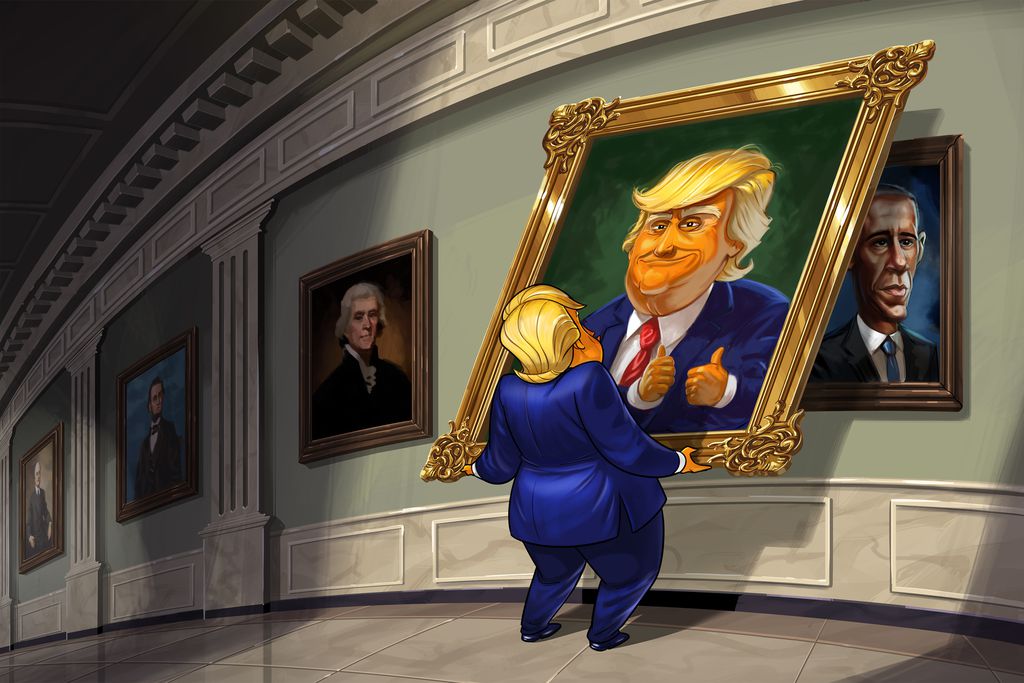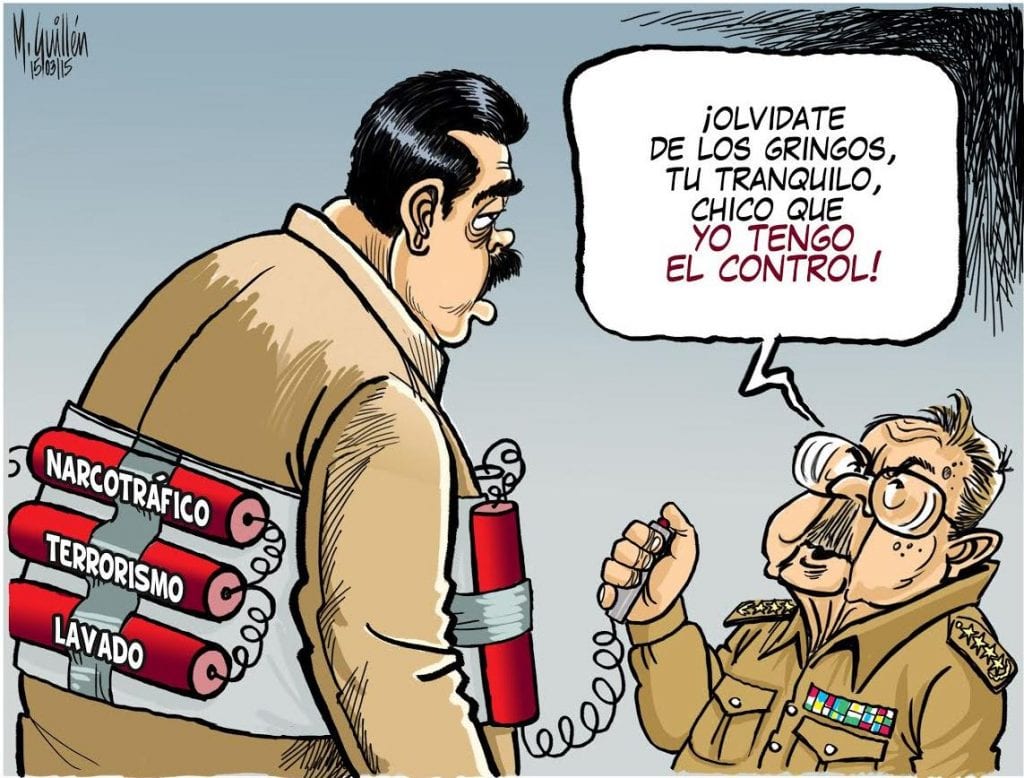
Retrieved
What are the potential global consequences if the United States abandons its role of maintaining a liberal world order? This scenario denotes a shift from 80 years of American strategy. Donald Trump’s presidency marked a move towards this notion with his “America first” platform, emphasizing minimal global entanglements and prioritizing U.S. interests. Trump’s perspective is gaining traction within the Republican Party, and bipartisan weariness with globalism suggests this shift could happen under future leaders. A more self-interested U.S. would likely be more aggressive on certain issues but less inclined to uphold global norms, provide public goods, or protect distant allies, focusing instead on power without the same sense of responsibility. While such a strategy may benefit the U.S. temporarily, it could lead to increased global chaos and conflict, adversely affecting vulnerable states. Historically, U.S. foreign policy has been driven by a broad, responsible view of national interest, emphasizing global stability and cooperation. The shift to a narrower, self-serving strategy represents a serious departure from this approach, with potentially deleterious effects on global order and peace. Since 1945, American leadership has fostered global growth, security, and the spread of democracy. Despite this success, there has always been skepticism about maintaining this global order indefinitely. Initially driven by unique post-war conditions, U.S. foreign policy aimed at preventing further global conflicts. However, more recent trends indicate a shift towards a less interventionist approach. This shift is epitomized by Trump’s “America First” agenda, which questions the need for the U.S. to defend distant states and uphold global liberal norms. Instead, it favors a more conventional focus on direct American interests, reducing commitments to global alliances and liberal order maintenance. This approach could lead to a more protectionist and transactional U.S. foreign policy, less concerned with promoting democracy and more focused on economic advantages and homeland defense. If applied consistently, “America First” would reshape U.S. relations with rival powers, encouraging friction primarily over direct threats rather than ideological conflicts. The U.S. would remain a dominant power, particularly in the Western Hemisphere, but its role on the global stage would be more self-centered and less liberal. The critique of the “America first” policy highlights its potential consequences for global stability. Historically, American leadership has played an essential role in maintaining global order, preventing conflicts, and countering autocratic powers. Despite a decline in relative power compared to its peak in 1945 or 1991, the United States still underpins much of the current geopolitical stability, as evidenced by its support for Ukraine against Russia and its crucial role in NATO, Asia, and the Middle East. Advocates of American retrenchment believe that it will encourage other nations to step up, but critics argue that this vacuum would likely be filled by aggressive states like Russia and China. This shift could lead to increased instability in regions such as Eastern Europe and the South China Sea, undermine international norms, and escalate arms races, possibly even nuclear proliferation. For the United States, a retreat from its leadership role might not immediately jeopardize its security, due to its strong geopolitical position and economic advantages. However, the resulting global instability could cause economic disruptions that would also affect the U.S., although it might still fare better than other nations. The overall assessment is that “America first” could lead to a more chaotic and dangerous world, even if the U.S. itself remains relatively insulated from the immediate fallout. American power supports the current global order, ensuring stability in Europe and East Asia. If the United States retrenched, countries would face increased defense costs and regional rivalries. European and Asian nations would suffer from disrupted Middle Eastern trade routes, and even China, reliant on foreign trade, would be harmed. The U.S. would eventually face economic and diplomatic coercion from a dominant China and deteriorating global conditions. Historically, the U.S. has reengaged globally from weaker positions after prolonged isolation. “America first” policies might temporarily shield the U.S., but long-term consequences would affect it and other nations adversely. Original text by Hal Brands, published in-> ForeignAffairs





More Stories
Venezuela, elecciones entre pajaritos y mariposas
Maduro seeks to bolster military support ahead of next election
¿Qué hará Cuba el 28 de julio?